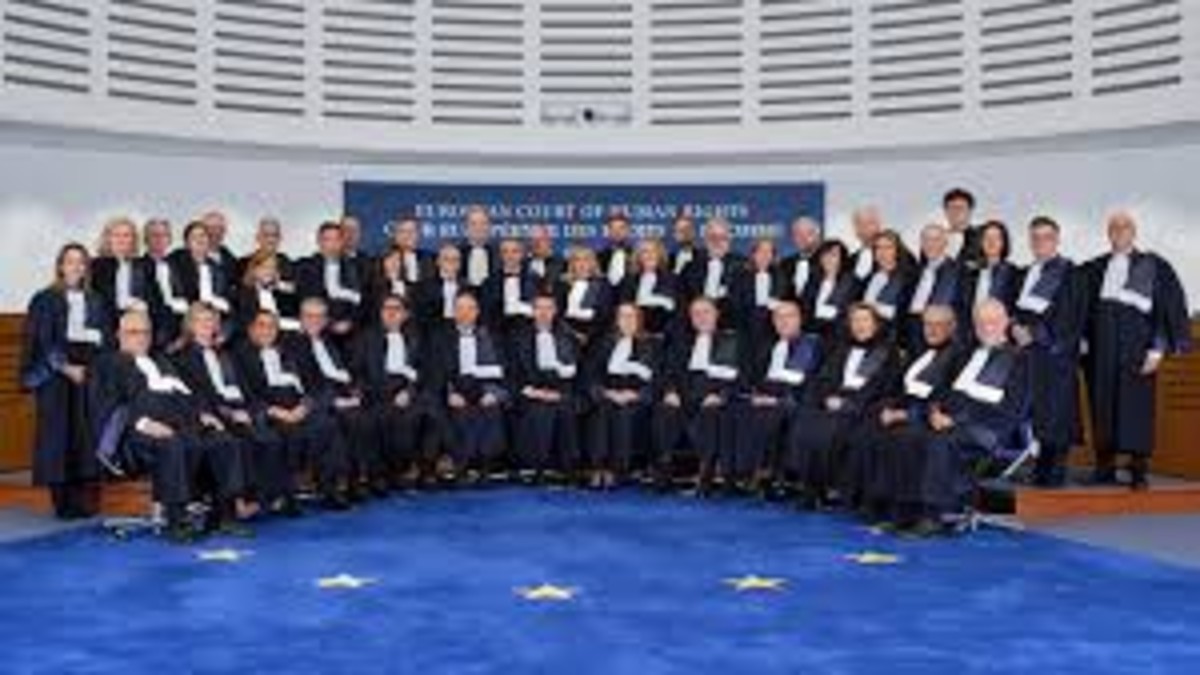echr The European Convention on Human Rights (ECHR) — a cornerstone of post-war Europe’s democratic identity — now stands at a crossroads. As political divisions deepen and nationalist movements gain traction, the continent faces a critical question: should the Convention be reinforced, reformed, or ruptured altogether?
The ECHR, established in 1950 under the Council of Europe, has long safeguarded civil liberties across 46 member states. Yet, growing friction between national governments and the European Court of Human Rights (ECtHR) has reignited debate over the Convention’s authority.
Countries such as the United Kingdom and Poland have questioned the ECtHR’s jurisdiction, arguing it infringes on domestic sovereignty. Supporters, however, see the Convention as Europe’s moral compass — a vital shield protecting individuals from state overreach.
Experts argue that a “reform, not rupture” approach could preserve the Convention’s legacy while addressing legitimate concerns about accountability and modern relevance. As Europe grapples with migration, digital surveillance, and democratic backsliding, the ECHR’s future will test the continent’s commitment to human rights and rule of law.


